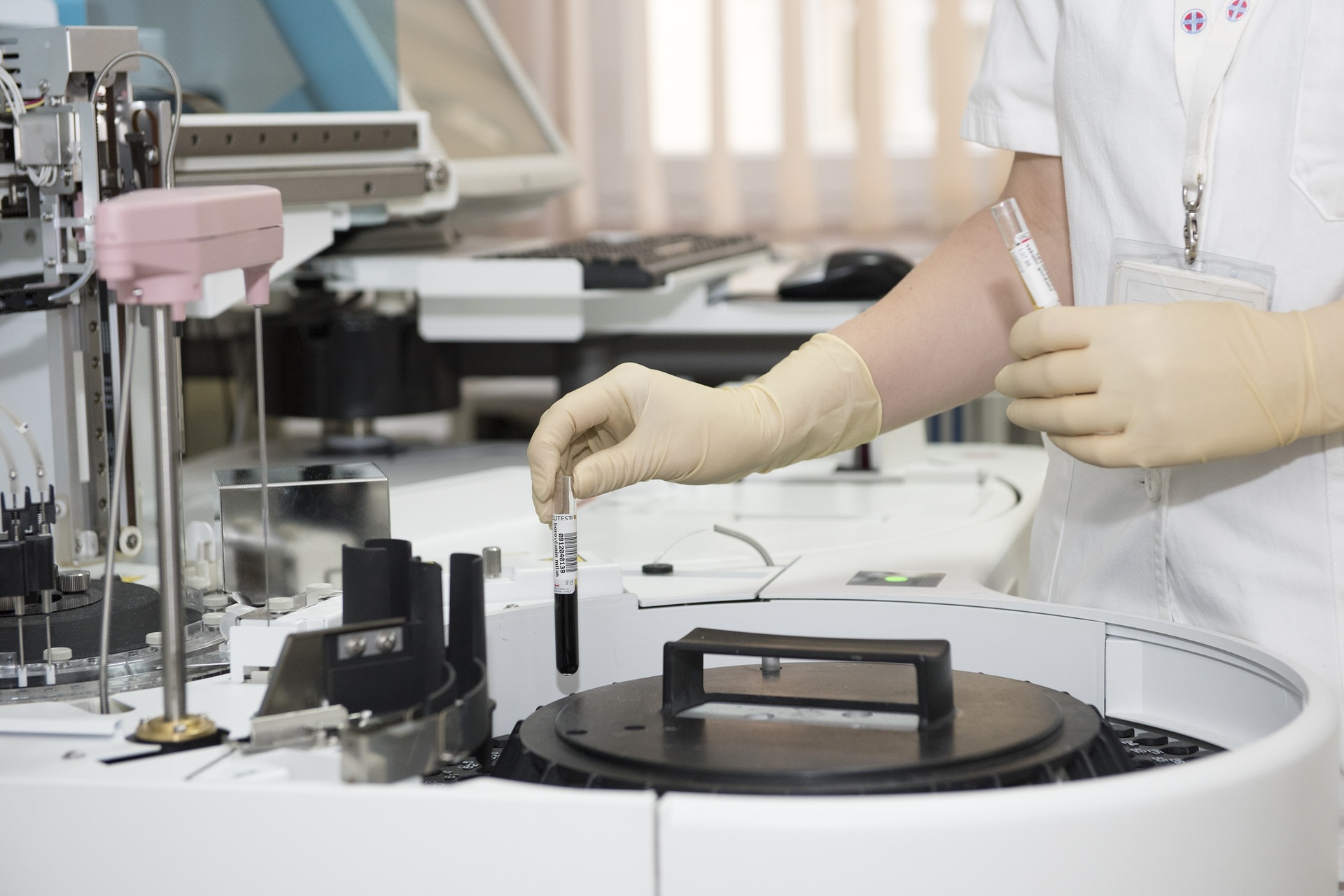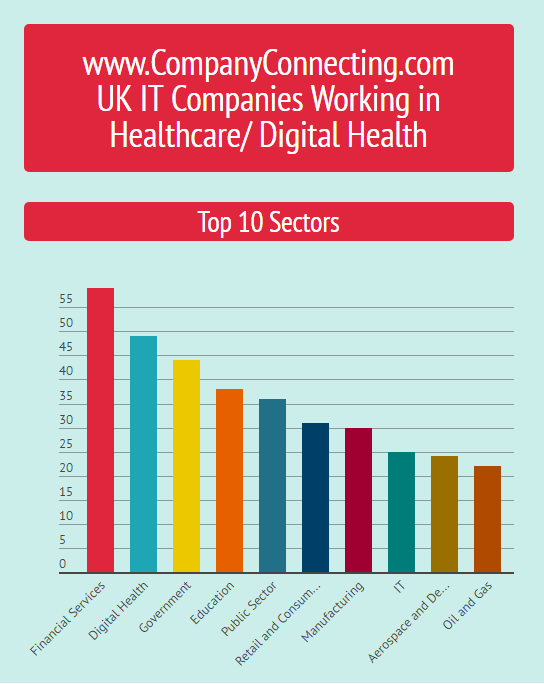Ethics in Digital Health by Mark Jennings | Company Connecting
Category: Blog
By Janice
08/11/2016
As the world becomes increasingly connected to the internet the phenomenon of the big web has appeared. Nowhere does this sound more dystopian than when applied to Digital Health. Broadly speaking in this article we are talking about ethical problems to look out for in future Health technology that we are already facing in areas such as cyber security.
Loss of privacy – We’ve already seen people accept speed trackers and other monitoring equipment into their cars in exchange for cheaper car insurance. Given this, does it really stretch the imagination to suppose that a similar set up could not be applied to health? Suppose your premiums went up because you’d had too much red meat in the last year – is this information we really want to give up.
Self diagnostic tools – sticking with the car analogy this would be like wiring the body with the sensors necessary to detect and diagnose disease even before being seen by a health professional. This could range from blood tests, genetic analysis and chemical marker tracing. Although this sounds good it’s unclear as yet if this could end the problem of hysterical self diagnosis that people tend to do for themselves by going on Web MD for the slightest symptoms of a common cold.
Biological terrorism it’s likely that any such diagnostic tool would have to be based on nano robotics. If these devices are to be wirelessly controlled then it also opens up the frightening possibility of them being hacked. There isn’t space to properly explore this subject here but suffice to if you think about it this isn’t too farfetched. Consider this simple scenario. Everyone, given the right stimulus can be subject to certain kinds of seizures of muscle spasms. Future bio robotics could be programmed to inject relaxants if such conditions arise. A hacker could simply trick this technology into releasing the sedatives early putting the victim to sleep for god knows what purpose quite frankly.
We also need to consider the possibility of so called biotechnological inequality. Cosmetic body changes have already been accepted by large parts of society. Is it so inconvincible that at some point more serious physical alterations will become the norm. What if you could have a heart that will never clog and can pump harder than an Olympic athletes? It’s easy to see how the ability to run like Usain Bolt might one day attract the world’s super rich to spend gargantuan sums on body modification.
Longevity, the above touches on our last consideration of this article – long life. One of the biggest catch-22’s of modern medicine has been that we have made it possible for people to live longer lives but often without accompanying advances in comfort, control of mental faculties or dignity. Of course there is the possibility that advances in medicine might rectify this problem without much trouble. However, from the evidence so far it seems that we might be at risk of pushing the upper limit for longer live well past the 100’s before the technology arrives to make that life bearable or at least comfortable.
To be featured or find out more:
e-mail us on support@companyconnecting.com
call us on 0845 643 5375
or contact Janice on Linkedin
"Ethics in Digital Health by Mark Jennings" First published on Company Connecting October 2016
©Company Connecting





